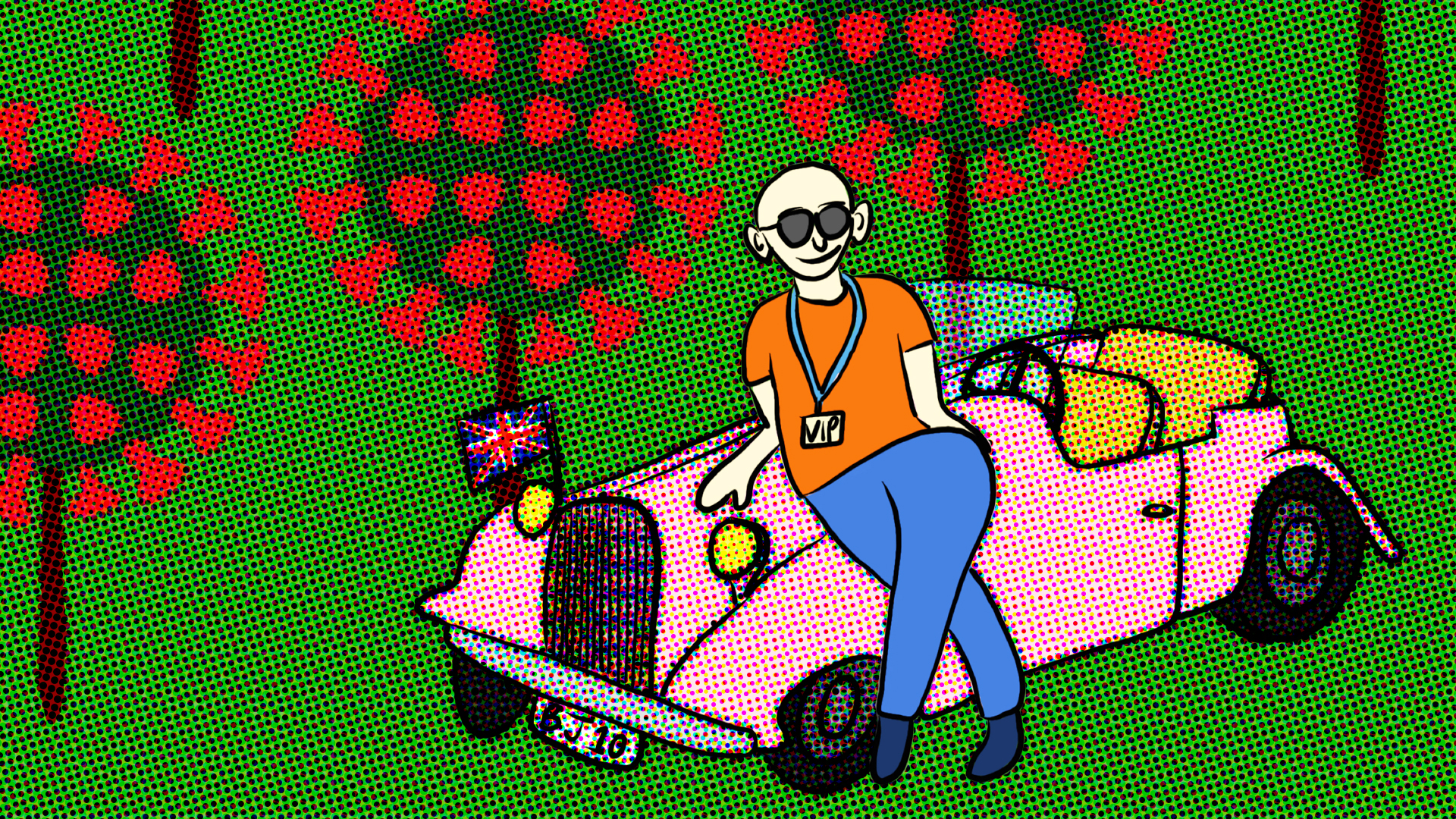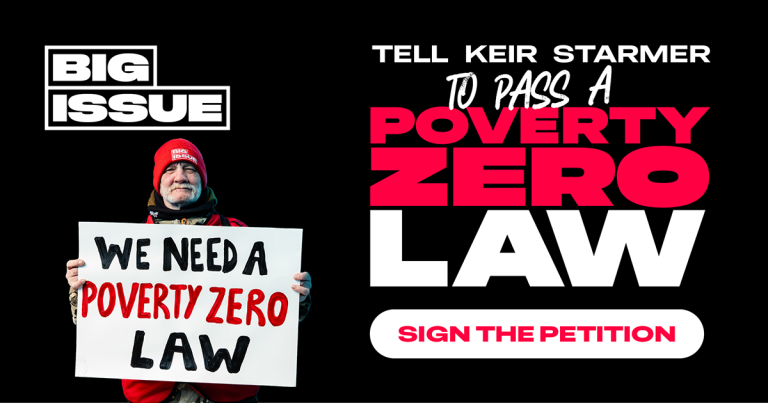Dominic Cummings is a gas. Remember Dom? The frequently angry-looking fellow in an ill-fitting shirt. Liked driving around the north east then sitting behind a trellis table in a garden talking about it. Became seen as the Machiavellian puppet master and enforcer for a PM who couldn’t be bothered. Or at least a PM who liked to make it look like he couldn’t be bothered.
Cummings was the epitome of a by-all-means-necessary administration. He could be relied on to be a shield or a policy changemaker. To many, he was the de facto leader.
Not sure where that Dom has gone because he’s been replaced, on Twitter at least, by a very different beast. This Dom comes on like a young blogging tyro gunning for a birth on Novara Media.
“Tell your friends,” rages Red Dom, “the Tories are making the young – who can’t get a house & working for average/below average income, already screwed by a decade of hapless Tory government – to work harder to subsidise older richer people. They promised to do the opposite.” Then comes the kicker: “#RegimeChange”.
Leaving aside the obvious – for some time, not so long ago, Cummings was in a very good place to effect change during that “hapless” decade – it is a curious statement. What is leading to this Damascene change is not clear. But it does suggest that there were major clashes at the heart of government then and presumably they remain now.
The fury that Cummings is sounding about, the new National Insurance tax increase to fund social care in England, has been well articulated elsewhere in recent days. It’s a regressive move and it unevenly punishes those at the bottom of the pile. It’s also a curious ideological shift for the Tories to be happy to be, in a Labour fashion, the party of higher taxes AND be seen as the party prepared to take an electoral hit in order to help the NHS.










